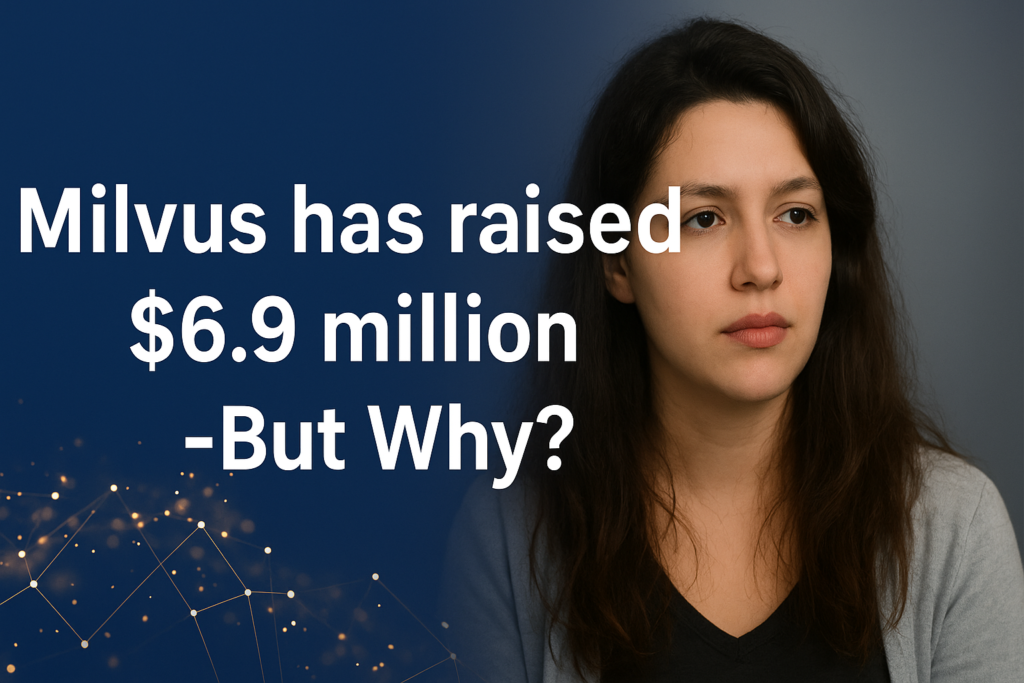The materials science revolution has erupted into reality. Oxford-based startup Milvus Advanced recently secured $6.9 million in seed funding to transform how industries access critical metals. This rare metal alternative funding signals a seismic shift in clean energy, electronics, and sustainable manufacturing. As global supply chains buckle under unprecedented pressure and rare metal prices soar to catastrophic levels, investors are wagering their capital on innovative solutions that will fundamentally reshape entire industries.
What is Milvus Advanced Creating with Rare Metal Alternative Funding?
Milvus Advanced is engineering breakthrough nanoalloy technology that recreates the properties of Earth’s scarcest metals using abundant, sustainable elements. The company’s proprietary approach focuses relentlessly on replacing platinum group metals—materials that are scarce, prohibitively expensive, and extracted from geopolitically volatile regions. Through engineered nanoalloys, Milvus transforms common elements like copper, nickel, and iron into high-performance materials that match or surpass traditional rare metals. These alternatives deliver exceptional results in electrochemical and optoelectronic applications critical for hydrogen production, solar technology, batteries, and semiconductors. Global electrolyser manufacturers and chemical producers are currently testing these materials in real-world conditions, validating performance beyond laboratory settings. This rare metal alternative funding accelerates commercialization of materials that address the urgent bottleneck facing industries dependent on rare metals.
Why Rare Metal Alternatives and Funding Matter Now
The timing of this rare metal alternative funding couldn’t be more critical or strategically vital. Today’s energy and electronics sectors face a fundamental existential crisis: they depend catastrophically on rare metals that are increasingly difficult and expensive to obtain. Platinum group metals create massive cost volatility, insecure supply chains, and devastating environmental damage during extraction. Europe and other regions desperately pursue geopolitical independence in clean technology development, yet current supply chains for critical materials remain concentrated in geopolitically sensitive areas. The rare metal alternative funding for Milvus directly neutralizes this strategic vulnerability by enabling production of essential materials from abundant local resources. The economics are staggering—Milvus undercuts precious metal prices by orders of magnitude while completely eliminating the environmental and human toll associated with rare metal mining.
Who Invested in Milvus Advanced’s Rare Metal Alternative Funding Round?
The $6.9 million rare metal alternative funding round was commanded by Hoxton Ventures, a prominent venture capital firm renowned for backing early-stage European technology companies with transformative potential. This leadership position signals profound confidence in both the technology and the market opportunity. The funding round attracted an impressive roster of climate-focused and deep-tech investors including LQD Ventures, Übermorgen, Tuesday Capital, Mark Leslie Enterprises, van Den Bosch Dynasty Fund, Bluebirds, Md One, and EQT Foundation. Crucially, Lowercarbon Capital returned as an investor, having previously backed Milvus in earlier funding stages. This continued support from a leading climate-tech investor powerfully underscores the company’s exceptional progress and massive potential across clean energy, transport, electronics, and chemical manufacturing sectors.
How Will Milvus Use the $6.9 Million in Rare Metal Alternative Funding?
This rare metal alternative funding will fuel critical growth initiatives that propel Milvus from scientific breakthrough to commercial dominance. The company has architected a comprehensive deployment strategy addressing production scaling, market expansion, and relentless innovation. Team expansion represents the top priority—Milvus will grow its workforce to accelerate product development and support intensifying commercial partnerships. Scaling production capacity is equally essential as the company transitions from laboratory-scale manufacturing to industrial volumes serving major manufacturers. Geographic expansion features prominently, with Milvus entering the United States market to establish advanced manufacturing facilities and forge strategic partnerships with American clean energy companies. Research and development will continue receiving significant investment, ensuring Milvus maintains its technological edge and expands its addressable market beyond initial platinum group metal substitutes.
What Industries Will Benefit from Rare Metal Alternative Funding?
The rare metal alternative funding will ultimately revolutionize numerous sectors currently strangled by rare metal dependence. Clean energy and transport lead the list of beneficiaries, as Milvus materials dramatically improve efficiency in hydrogen production systems, fuel cells, and solar technology. Chemical manufacturing gains cleaner, more energy-efficient industrial processes, replacing prohibitively expensive and environmentally catastrophic platinum group metals with superior alternatives at a fraction of the cost. Electronics applications represent another massive opportunity—device performance, energy efficiency, and product lifespan all improve through adoption of advanced nanomaterials. The hydrogen economy specifically depends on solving the rare metal bottleneck, as electrolysers require platinum group metals that constitute a major cost component and supply constraint. Battery technology for electric vehicles and grid storage also benefits profoundly from materials innovation, opening new frontiers in clean energy, advanced manufacturing, and next-generation electronics.
Learn Business Model Of Milvus

My Name is Adarsh and I am Empowering startups with high-quality content at Startups Union and bridging the gap between brand stories.
